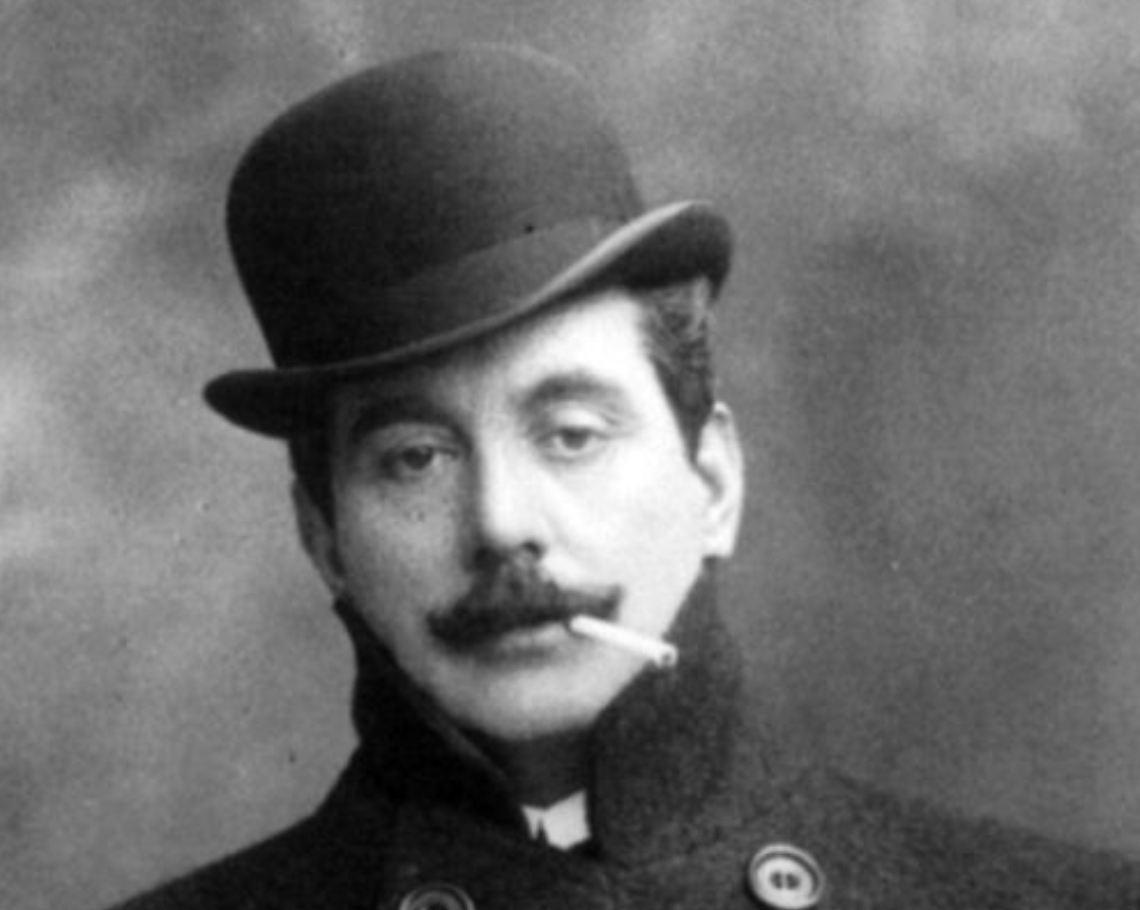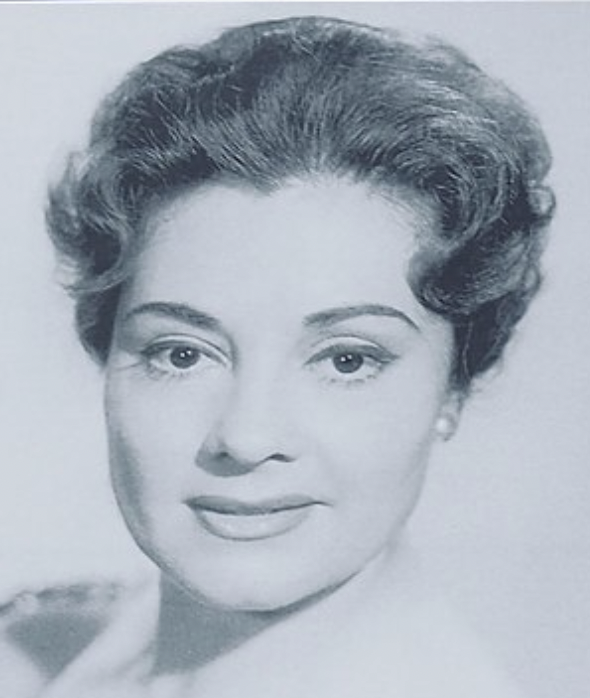01 December 2024
P.R. Jenkins
Spotlight Puccini: “Tosca”

“‘Tosca’ has always fascinated me. Goethe once said: ‘I would be able to commit all crimes in my life if I did not have the possibility to express them.’ Sometimes you must conduct it, otherwise one day you may kill someone! I am fascinated by every single bar.”
Herbert von Karajan
During every decade of his career, Karajan had Puccini operas in his repertoire and some of his recordings are looked on as the best of all. Giacomo Puccini is one of the great heroes of Italian opera. Only very few composers rival his genius for creating stage works that are skilfully constructed and superbly orchestrated but nevertheless unsurpassingly popular.
“Tosca”, the “most gripping of all Puccini operas (Peter Uehling)”, was in Karajan’s repertoire from his very beginnings in 1929 and it was the last opera Karajan ever conducted 60 years later in March 1989. Early try-outs in Salzburg were in odd orchestral versions. The first proper performances were in Aachen in 1936 and 1939. Almost twenty years later, he came back to it when he was already head of the Vienna State Opera in 1958. The famous production by director Margarethe Wallmann has been in the repertoire up to today and was presented at the premiere with Renata Tebaldi, Giuseppe Zampieri and Tito Gobbi singing Tosca, Cavaradossi and Scarpia. Until the end of his era in Vienna, Karajan conducted the piece 13 more times with Gré Brouwenstijn, Leonie Rysanek, Inge Borkh, Margherita Roberti, Floriana Cavalli, Antonietta Stella, Leontyne Price (Tosca), Giuseppe di Stefano, Eugenio Fernandi, Gianni Raimondi, Dimiter Usunow, Carlo Bergonzi, Flaviano Labò (Cavaradossi), George London, Hans Hotter, Ettore Bastianini, Giuseppe Taddei and Aldo Protti (Scarpia). Karajan’s first studio recording in 1962 featured Leontyne Price, Giuseppe di Stefano and Giuseppe Taddei in the main parts.

To be continued…
— P.R. JenkinsPeter Uehling: “Karajan. Eine Biographie” Rowohlt, Reinbek bei Hamburg. 2006
“Conversations with Karajan” Edited with an Introduction by Richard Osborne. Oxford University Press. 1989


